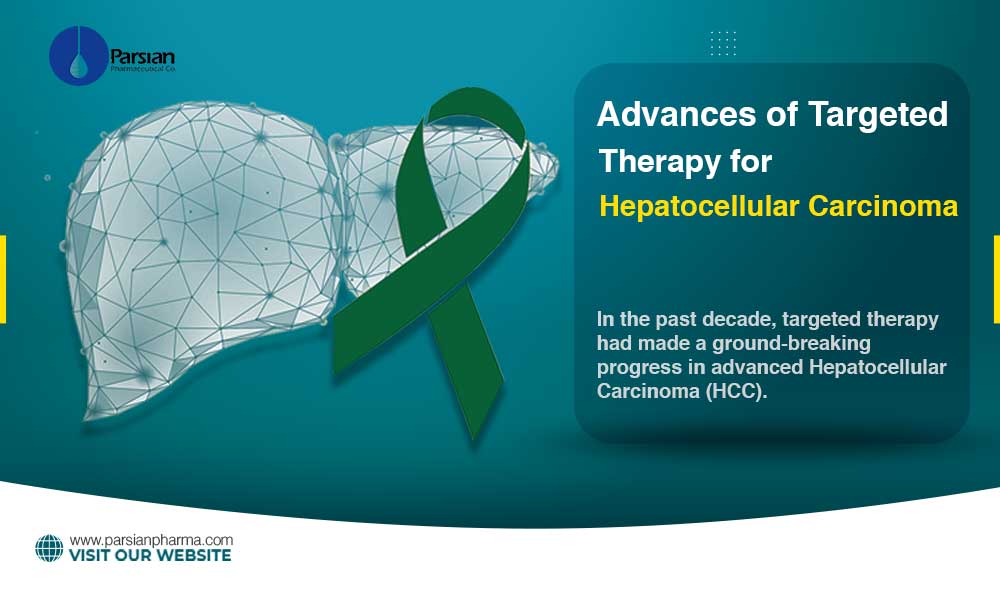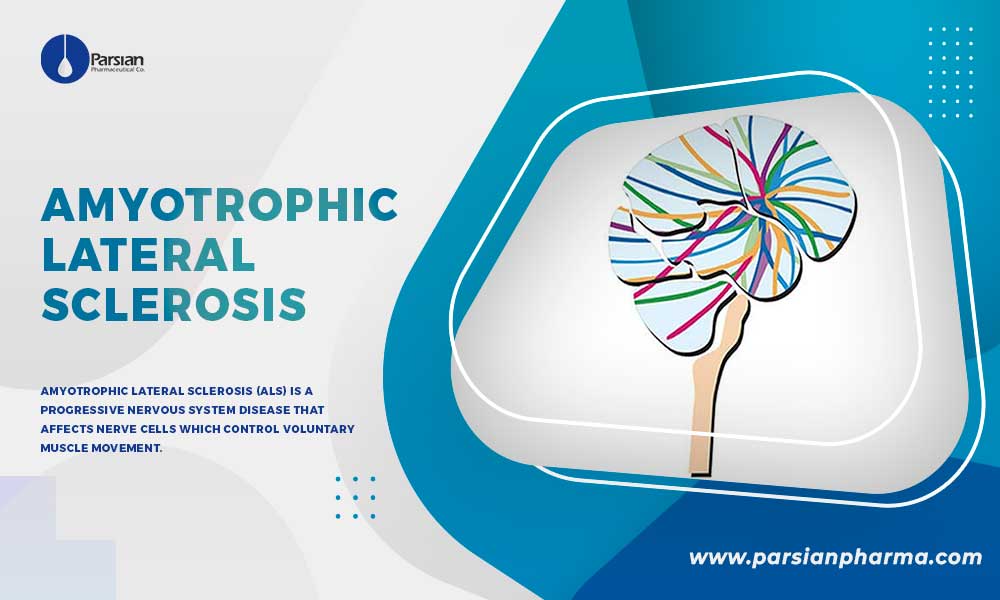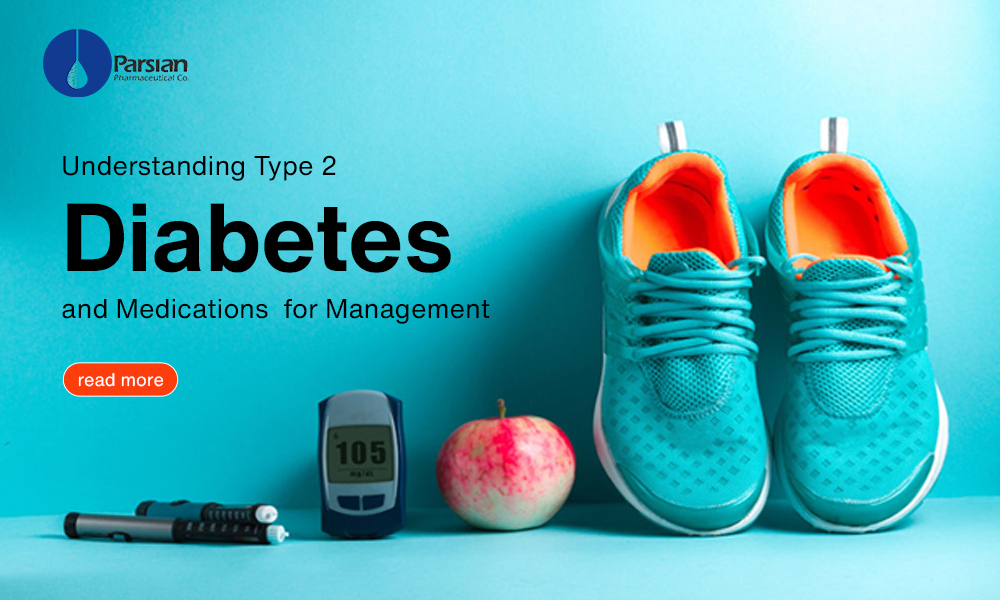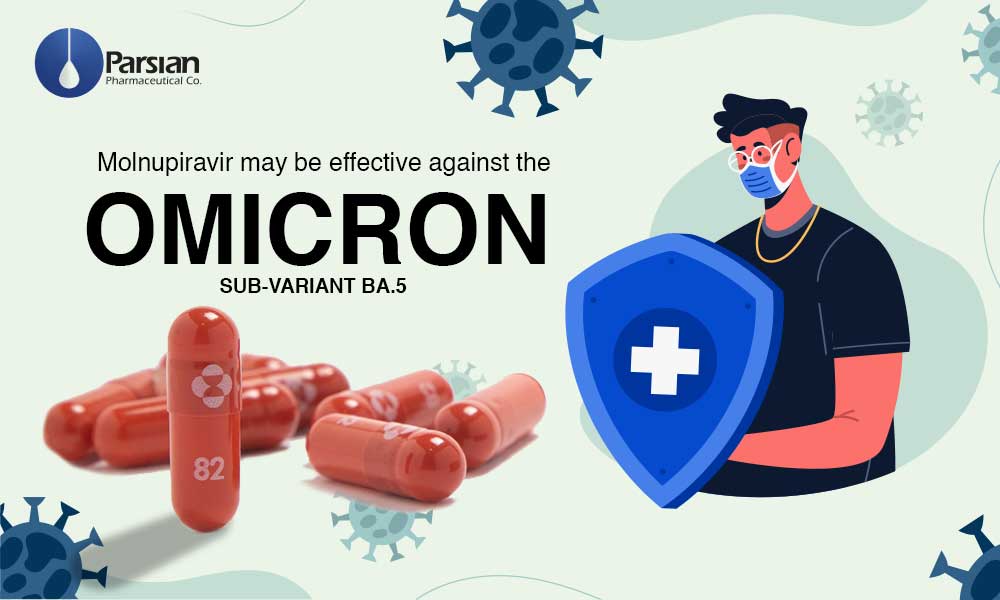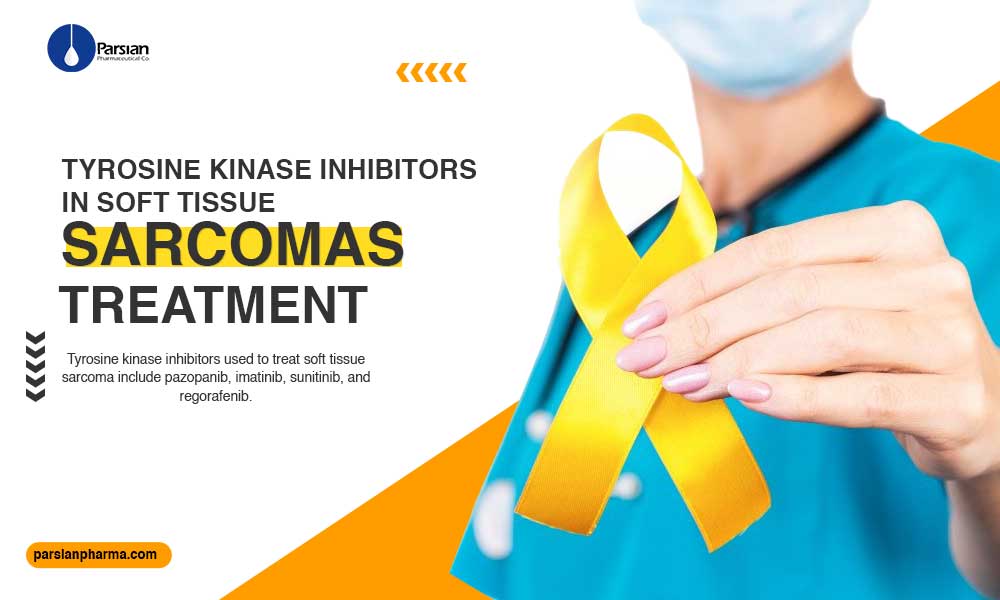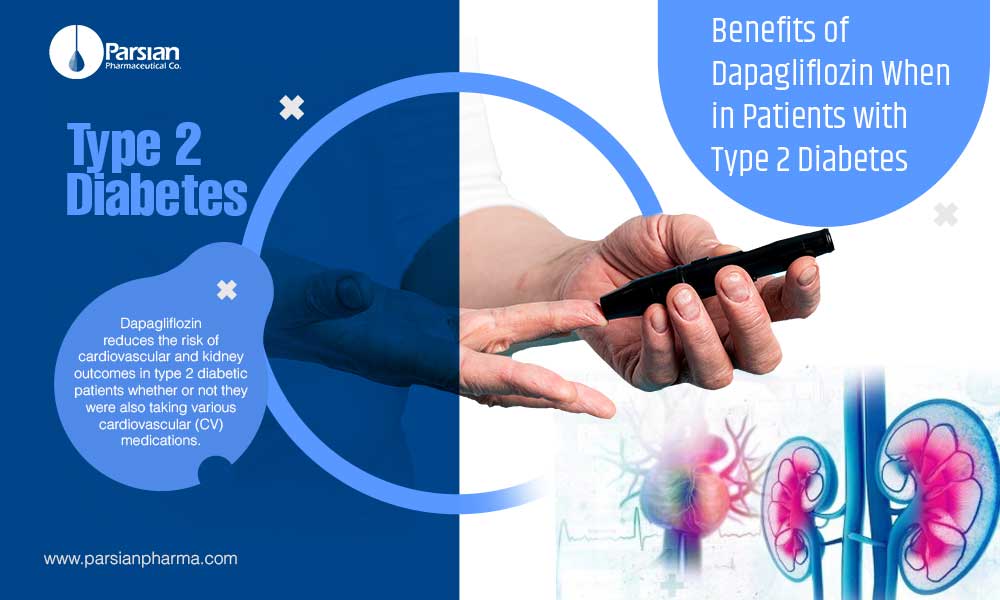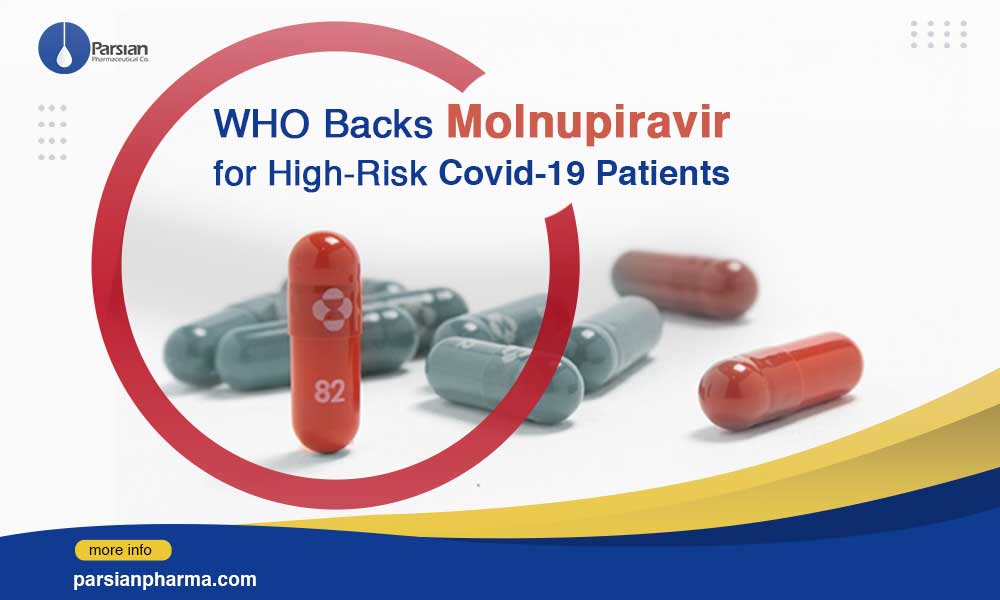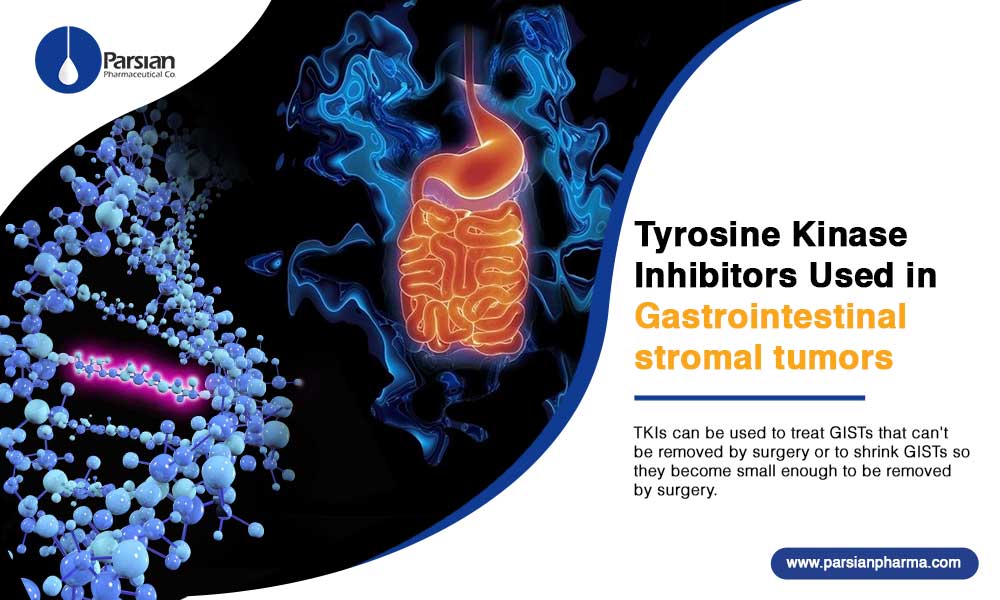Advances of Targeted Therapy for Hepatocellular Carcinoma
Hepatocellular carcinoma (HCC) is categorized as one of the common and fatal malignancies, which is an important global health problem. The clinical applicability of traditional surgery and other loco-regional therapies is limited, and these therapeutic strategies are far from satisfactory in improving the outcomes of advanced HCC. Through the past decade, targeted therapy had made a ground-breaking improvement in advanced HCC. Those targeted therapies exert antitumor effects through specific signals, including anti-angiogenesis or cell cycle progression.
As a standard systemic therapy option, it tremendously improves the survival of this devastating disease. Moreover, the combination of targeted therapy with immune checkpoint inhibitor (ICI) has demonstrated more potent anticancer efficacies and has become the hot topic in clinical studies. The combining approach bring about a paradigm shift in the treatment of advanced types of HCC. In this review, we presented approved targeted agents for advanced HCC with an emphasis on their clinical efficacy. We also talked about the exciting results of the combination between targeted therapy and ICI.
Introduction
Hepatocellular carcinoma (HCC) has rate of 75%-85% of all primary liver cancer. Several risk factors, including chronic hepatitis B virus and hepatitis C virus infections, autoimmune hepatitis, alcohol abuse, diabetes, obesity induce liver injury and produce an inflammatory environment, which lead to hepatocyte necrosis, repeated regeneration and chromosomal instability. As curative treatments, surgical resection, radiofrequency ablation (RFA), transarterial chemoembolization (TACE) and liver transplant (LT) prolong the survival of HCC patients at early-or intermediate-stages. However, the high incidence of recurrence shows poor survival prospects. Besides, most of HCCs are diagnosed at an advanced stage because of its insidious onset and rapid progression. So Palliative treatments are crucial in the management of advanced HCC. The efficacy of systemic chemotherapy for advanced HCC is disappointing.
In recent decades, molecular biology techniques are rapidly being developed. Multiplex molecular aspects of HCC deepens on the understanding of aberrant molecular events and pivotal signaling pathways related with the development of HCC, especially tyrosine kinase-related signaling. Based on the current investigation, multiple drugs have been approved for advanced HCC. The discovery of targeted therapy has transformed the therapeutic landscape of advanced HCC.
Despite advances in targeted therapy, effective combination therapy is needed due to the limited efficacy of monotherapy. Recent studies have demonstrated that combinations of multiple therapeutic regimens showed superior efficacy to monotherapy, particularly combination of targeted therapy with immune checkpoint inhibitor (ICI). Notably, the approval of atezolizumab + bevacizumab as the first-line setting for patients with unresectable or metastatic HCC changes the outlook for this disease. This review focused on the advances of targeted therapy for advanced HCC.
There were no effective treatment options for patients with advanced-stage disease or patients who transitioned into advanced-stage disease after failing with other treatments, until 2007. Sorafenib was the first and only systemic drug approved by FDA as standard treatment for advanced HCC between 2007 and 2016. However, rapid improvements during the last 3 years have led to the approval of other molecular targeted drugs and several immune checkpoint inhibitors (ICIs), which have been added as therapeutic tools for advanced HCC. Also, the recent successful combination of atezolizumab and bevacizumab marks an important change in the first-line treatment of HCC. To date, systemic therapy for advanced HCC is based on molecular targeted therapy, immune checkpoint inhibitors, or a combination of both.
Approved Targeted Therapeutic Agents for Hepatocellular Carcinoma (HCC)
Here we present a brief summary of Approve Tyrosine Kinases that are being manufactured by Parsian Pharmaceutical Co.
Over the last decades, advances in molecular cell biology have greatly contributed to our knowledge of the molecular mechanisms of tumorigenesis and its progression, which in turn provides opportunities for the development of novel molecular targeted medicines that inhibit molecular abnormalities as important cancer treatments. Today, molecular targeted therapy mainly includes tyrosine kinase inhibitors and/or monoclonal antibodies.
First-Line Setting
Sorafenib
Sorafenib is an oral TKI that targets the angiogenesis and proliferation pathways of tumors by blocking vascular endothelial growth factor receptor 1–3, platelet-derived growth factor receptor β-pathways, and Raf-MEK-ERK signaling, all of them participate in the pathogenesis of HCC.
At ASCO 2007, the results of the SHARP (Sorafenib Hepatocellular Carcinoma Assessment Randomized Protocol; NCT00105443) were released, which showed the effectiveness of sorafenib for the treatment of HCC. The primary endpoints were overall survival (OS) and time to symptomatic progression. Compared to the placebo group, the sorafenib treatment group had significantly prolonged OS, while the time to symptomatic progression was not significantly different between the two groups. Statistically significant differences were found for secondary endpoints: the median time to radiologic progression improved by 3 months, and the sorafenib group had a higher disease-control rate than the placebo group. Given these data, sorafenib was approved by the U.S. FDA in November 2007 for advanced HCC as first-line standard treatment.
Lenvatinib
Sorafenib has remained the sole effective first-line treatment option for over a decade until lenvatinib finally shown to be non-inferior to sorafenib in terms of OS.
Lenvatinib is an inhibitor of VEGFR 1–3, fibroblast growth factor receptor 1–4, PDGFRα, KIT, and RET. Targeting the FGF signaling pathway in HCC differentiates lenvatinib from sorafenib.
In a multicenter, randomized, phase III, noninferiority trial, lenvatinib exhibited noninferiority in OS compared with sorafenib. All secondary efficacy endpoints in REFLECT were statistically significantly improved: the median progression-free survival (mPFS) was longer in the lenvatinib group than in the sorafenib group; the median time to progression (mTTP) was 7.4 months in the lenvatinib group compared to 3.7 months in the sorafenib group; and the objective response rate was better based on the Response Evaluation Criteria in Solid Tumors (RECIST) version 1.1 after masked independent imaging review. Based on the REFLECT results, lenvatinib was FDA approved for the first-line treatment of advanced HCC patients on August 16, 2018.
Second-Line Setting
Regorafenib
Regorafenib is an inhibitor of many angiogenic and tumorigenic kinases, such as VEGFR1–3, tyrosine kinase with immunoglobulin and epidermal growth factor homology domain 2 (TIE2), PDGFRβ, FGFR1, B-RAF, RET, and KIT. Regorafenib may show a more far-reaching antiangiogenic activity owing to a combined blockade of the VEGFR2 and TIE2 pathways, which is supported by the results from a preclinical study showing a cooperative effect when combining anti-TIE2 and sorafenib, leading to an observed increase in overall survival in a melanoma model.
In 2017, the U.S. FDA expanded the regorafenib indication as a second-line treatment for advanced HCC patients previously treated with sorafenib, approval was based on a randomized, placebo-controlled international phase III trial designed to assess the efficacy and safety of regorafenib in patients with HCC progressing during sorafenib treatment. Regorafenib had a longer OS than placebo and prolonged progression-free survival and time to progression by mRECIST. The regorafenib group had an ORR of 11% versus 4% compared to the placebo group (p=0.0047), and the disease control rate (DCR) was 65% versus 35% (p<0.0001). Of note, the RESORCE trial was performed in patients who had progressed on prior sorafenib treatment; thus, the efficacy of regorafenib among sorafenib-intolerant patients has not yet been determined.
Additional analyses from the RESORCE trial suggested that regorafenib might offer clinical benefits independent of the latest sorafenib dose or the time to progression after previous sorafenib treatment and that the occurrence of AEs was independent of the last sorafenib dose. Multiple clinical trials are currently evaluating the efficacy of regorafenib together with ICIs.
Advances of Other Multi-Targeted Therapeutic Agents for HCC
Vandetanib
Vandetanib is an oral TKI targeting VEGFR, EGFR and RET. In a phase II, randomized, double-blind, placebo-controlled study, vandetanib showed a trend of improvement in PFS and OS for advanced HCC, but there was no statistically significant difference compared to the placebo arm. Also, the two arms had no difference in tumor stabilization rate. However, the combination of vandetanib with radiotherapy significantly enhanced radiation killing.
Combination Therapy of Targeted Therapy and ICI
ICIs is a novel therapeutic approach that differs from conventional treatment mechanisms. It restores the viability of tumor-specific T cells and utilizes the host immune system to kill tumors. Among many ICIs identified, anti-PD1/PD-L1 and anti-CTLA-4 are currently approved for clinical application, and combination treatment of anti-PD1 and anti-CTLA-4 could have synergistic effect in some kinds of cancer. PD-L1 expression and tumor mutational burden are widely used molecular marker to guide ICI therapy, but the predictive value is not consistent among different cancers. The combination of targeted therapy with ICI shown more potent efficacy.
Approval of atezolizumab plus bevacizumab is likely to change the paradigm of the treatment of HCC. In a phase Ib study, lenvatinib plus the anti-PD-1 mAb pembrolizumab had promising anticancer activity in advanced HCC.
Conclusion
Advanced HCC is a major challenge in cancer treatment. Sorafenib is the first FDA-approved TKI for the first-line treatment of advanced HCC, bringing a breakthrough to the treatment challenge. Based on the promising results in clinical studies, other tyrosine kinase inhibitors such as lenvatinib, regorafenib, also have been approved by FDA for first- or second-line treatment of advanced HCC.
Single drug activity may be insufficient and a rational combination of different drugs is needed to obtain maximum benefit. The combination of targeted therapy plus ICI has attracted attention, with positive results in several clinical trials. In the future, the integration of multidisciplinary treatment approaches for advanced HCC and the development of personalized treatment plans based on the disease status of HCC will contribute to the progress of precision medicine.
References

